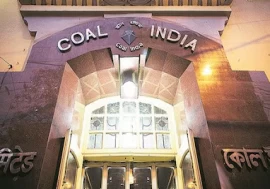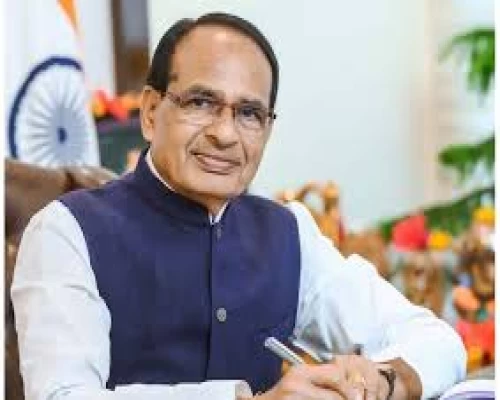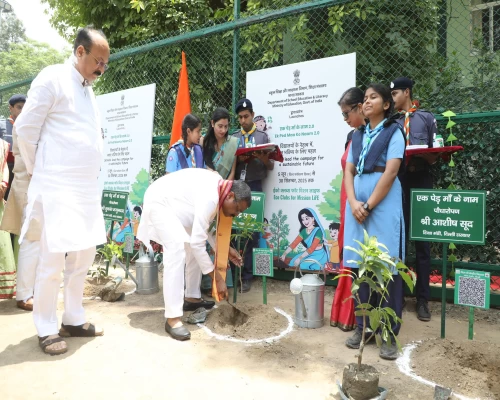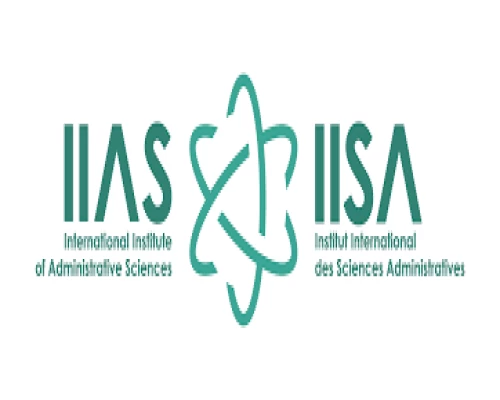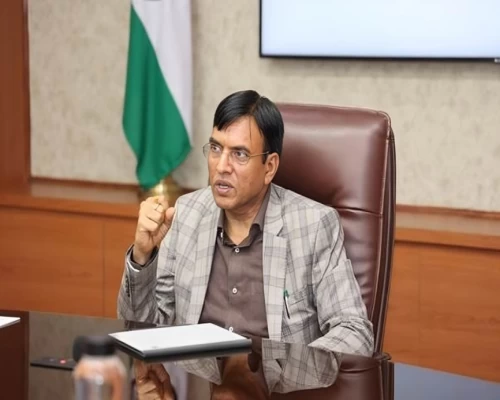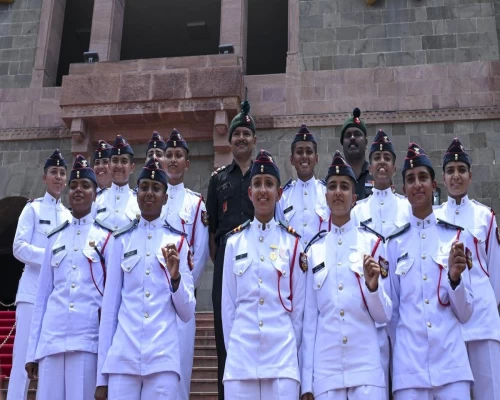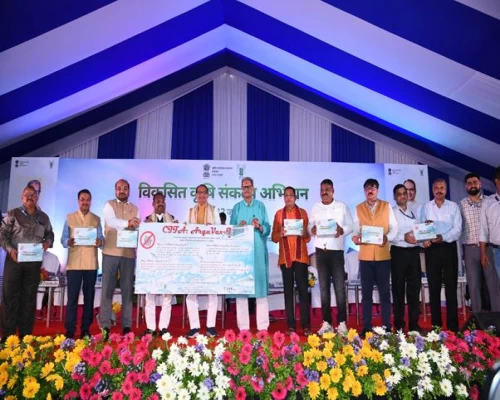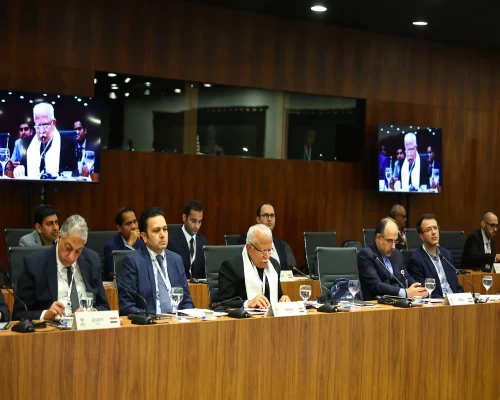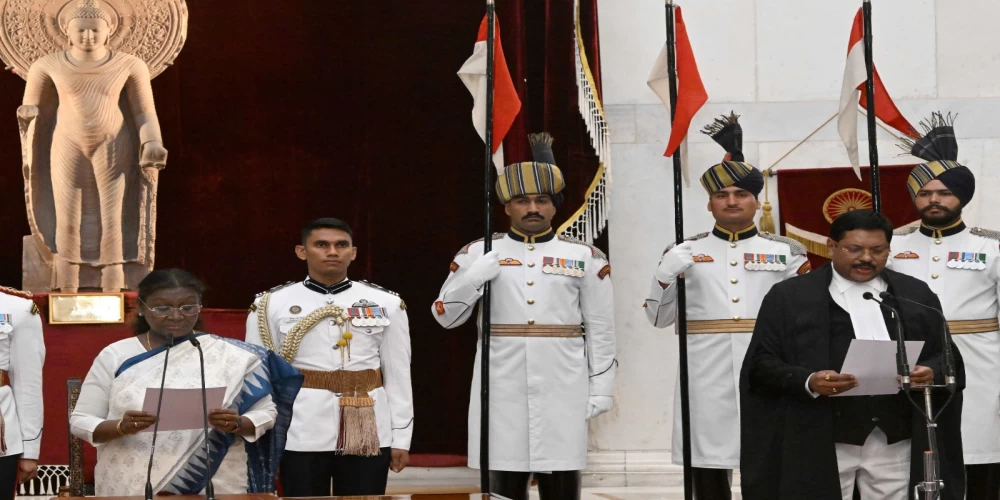
New Delhi: Justice Bhushan Ramkrishna Gavai was sworn in as the 52nd Chief Justice of India (CJI) today, May 14, 2025, during a ceremony at Rashtrapati Bhavan. President Droupadi Murmu administered the oath in Hindi at 10:00 AM in the Ganatantra Mandap, marking a historic moment as Justice Gavai became the first Buddhist and the second Dalit to hold this position, following Justice K.G. Balakrishnan (2007–2010). The event was attended by Prime Minister Narendra Modi, Vice President Jagdeep Dhankhar, Union Ministers Amit Shah, Rajnath Singh, and Arjun Ram Meghwal, former President Ram Nath Kovind, outgoing CJI Justice Sanjiv Khanna, and sitting and retired Supreme Court and High Court judges.
Justice Gavai’s appointment, effective May 14, 2025, followed Justice Sanjiv Khanna’s recommendation on April 20, 2025, adhering to the seniority norm. The Union Government notified his appointment on April 29, 2025. His tenure as CJI will conclude on November 23, 2025, upon his retirement at age 65, spanning just over six months. Celebrations erupted in his hometown of Amravati, Maharashtra, with locals marking the occasion with fireworks and sweets.
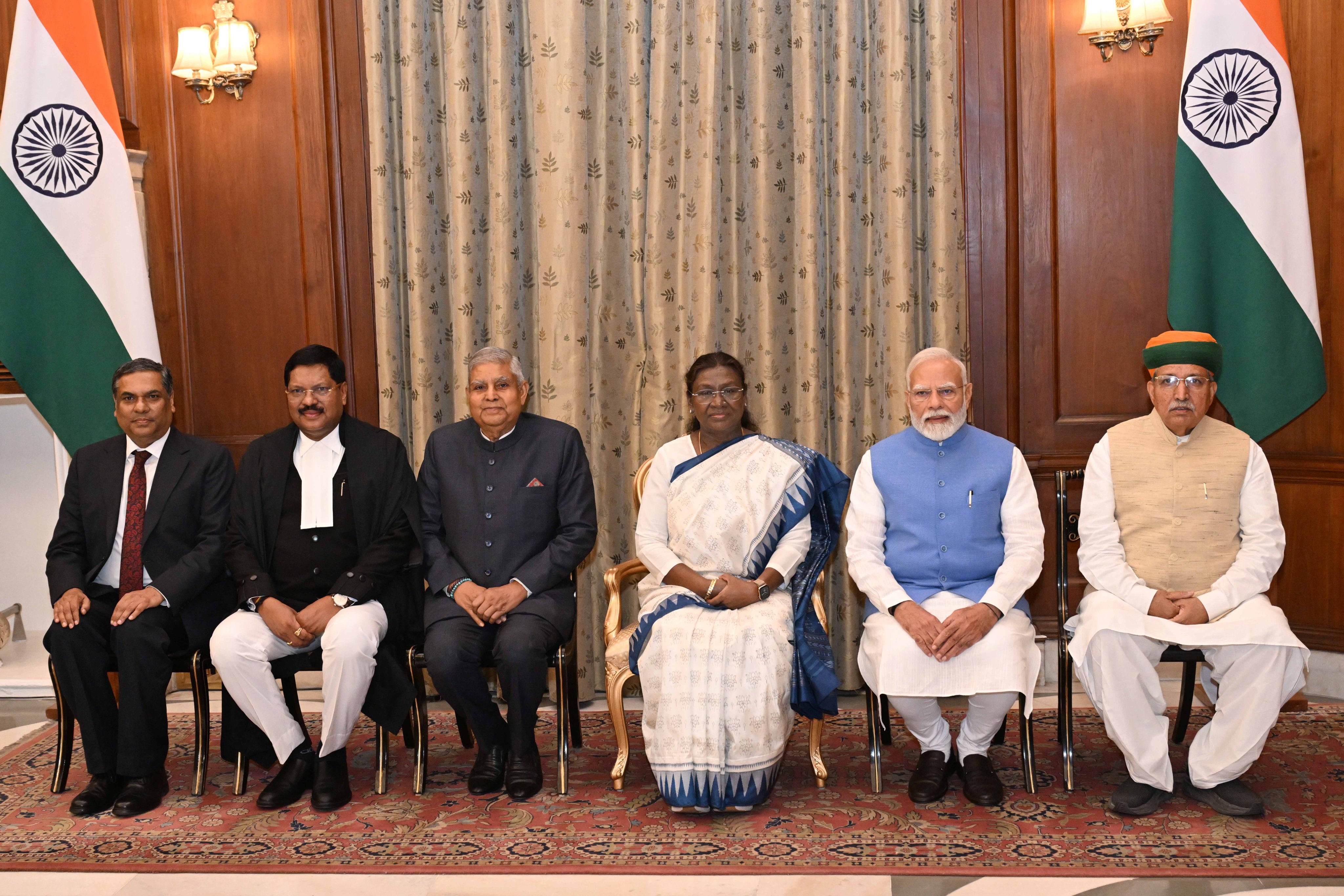
Born on November 24, 1960, in Amravati, Justice Gavai comes from a family dedicated to social justice, inspired by B.R. Ambedkar and following Buddhism. His father, Ramkrishna Suryabhan Gavai, was a Dalit leader, former Governor of Bihar, Sikkim, and Kerala, and founder of the Republican Party of India (Gavai faction). His brother, Rajendra Gavai, is a politician.
Justice Gavai enrolled at the Bar on March 16, 1985, practicing under Barrister Raja S. Bhonsale. He worked independently at the Bombay High Court from 1987 to 1990, specializing in Constitutional and Administrative Law, before focusing on the Nagpur Bench. He served as Standing Counsel for the Municipal Corporations of Nagpur and Amravati, Amravati University, and various autonomous bodies. From August 1992 to July 1993, he was Assistant Government Pleader and Additional Public Prosecutor at the Nagpur Bench, later becoming Government Pleader and Public Prosecutor in January 2000.
Elevated as an Additional Judge of the Bombay High Court on November 14, 2003, he became a Permanent Judge on November 12, 2005, presiding over cases in Mumbai, Nagpur, Aurangabad, and Panaji. On May 24, 2019, he joined the Supreme Court, becoming the first Scheduled Caste judge since Justice K.G. Balakrishnan’s retirement. He currently serves as Chancellor of Maharashtra National Law University, Nagpur, and ex officio Executive Chairman of the National Legal Services Authority.
Justice Gavai has contributed to landmark judgments, authoring the majority opinion upholding the 2016 demonetization scheme and participating in Constitution Benches that upheld the abrogation of Article 370, struck down the electoral bonds scheme, and allowed sub-classification within Scheduled Castes for reservation. His judgment in the Manish Sisodia bail case emphasized personal liberty, and he led the bench ordering the release of Perarivalan, a convict in the Rajiv Gandhi assassination case. He also established pan-India guidelines against illegal demolitions.
During an informal media interaction, Justice Gavai expressed his commitment to social and political justice, noting the significance of his oath-taking following Buddha Purnima on May 12, 2025, which he celebrated at Shanti Stupa in Delhi.
Justice Sanjiv Khanna, who retired on May 13, 2025, after serving as the 51st CJI since November 11, 2024, left a notable legacy. He led a Constitution Bench upholding Section 6A of the Citizenship Act, 1955, addressed 60,000 pending cases, and established guidelines against arbitrary demolitions. Justice Khanna emphasized the judiciary’s role as the “conscience keeper” of democracy, advocating for judicial independence.
Justice Gavai’s priorities include tackling case pendency, filling judicial vacancies, appointing more women judges, and upholding constitutional values. With the Supreme Court nearing its summer recess, he is expected to convene a meeting with judges to discuss his vision. His tenure, though brief, is anticipated to strengthen the judiciary’s commitment to justice and inclusivity.
BI Bureau


